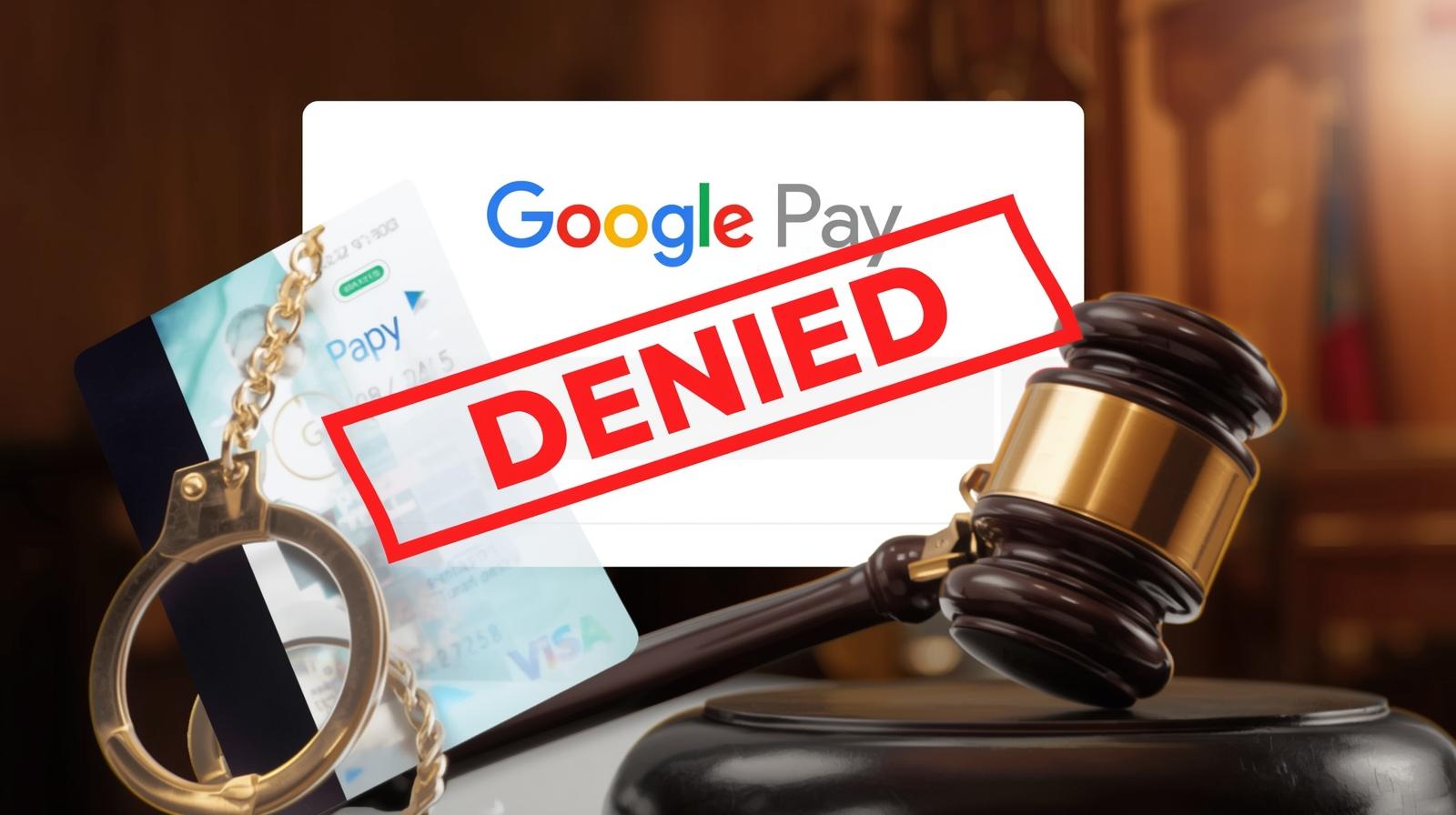Need for Custodial Interrogation to Combat Public Corruption
Justice A. Badharudeen, denied anticipatory bail to Gireeshan V, a public servant accused of demanding and accepting bribes in violation of the Prevention of Corruption Act, 1988, as amended in 2018. This case sheds light on the judiciary's unwavering commitment to eradicating corruption and underscores the critical need for custodial interrogation in uncovering the truth behind such offenses.
Case Background
The case revolves around allegations that Gireeshan V, a village officer, demanded and accepted bribes through Google Pay to rectify property records. The complainants, who had discovered discrepancies in their property records, approached the village officer for corrections. The officer allegedly demanded Rs. 15,000, falsely claimed as government fees, and subsequently received Rs. 10,000 from the complainants via Google Pay. The officer's unresponsiveness post-payment raised suspicions of bribery.
Prosecution's Stand
The prosecution presented compelling evidence, including witness statements and bank transaction details, to substantiate the bribery charges. They argued that no government fee was prescribed for the requested corrections, and the accused misused his position for personal gain. The Special Public Prosecutor emphasized that anticipatory bail would impede the ongoing investigation, which was at a preliminary stage, with crucial evidence yet to be gathered.
Defense's Argument
The defense argued for the petitioner's innocence, contending that the transaction was a loan repayment, not a bribe. They urged the court to grant anticipatory bail, asserting that the allegations were baseless and the petitioner was being falsely implicated.
Court's Analysis and Decision
Justice A. Badharudeen meticulously examined the facts and evidence presented. The court found prima facie evidence against the accused, highlighting that the transaction was conducted under the guise of government fees, a common tactic in bribery cases. The court dismissed the defense's loan repayment argument, citing the prosecution's robust evidence indicating otherwise.
The court emphasized the necessity of custodial interrogation to ensure a thorough investigation and effective prosecution. It underscored that granting anticipatory bail could potentially hinder the investigation, allowing the accused to evade justice and destroy crucial evidence.
Implications and Conclusion
This judgment serves as a stern warning to public servants and reinforces the judiciary's role in maintaining the integrity of public institutions. By denying anticipatory bail, the court has set a precedent that underscores the seriousness of corruption charges and the importance of custodial interrogation in such cases.
The Kerala High Court's decision is a testament to its commitment to combating corruption and ensuring justice is served. It sends a strong message that the judiciary will not tolerate corruption, and those accused will face stringent legal scrutiny. This landmark judgment is a crucial step towards fostering transparency and accountability in public offices, ultimately upholding the rule of law and safeguarding public interest.
Gireeshan V v. State of Kerala, (Kerala) : Law Finder Doc Id # 2761495




